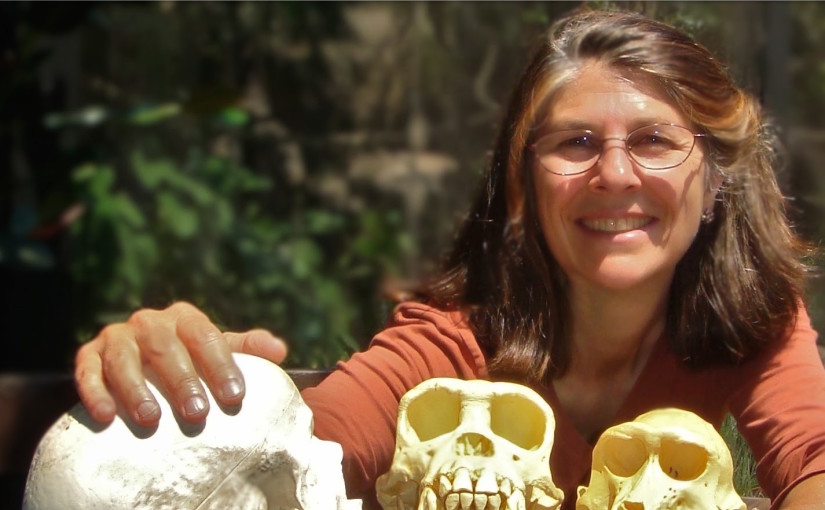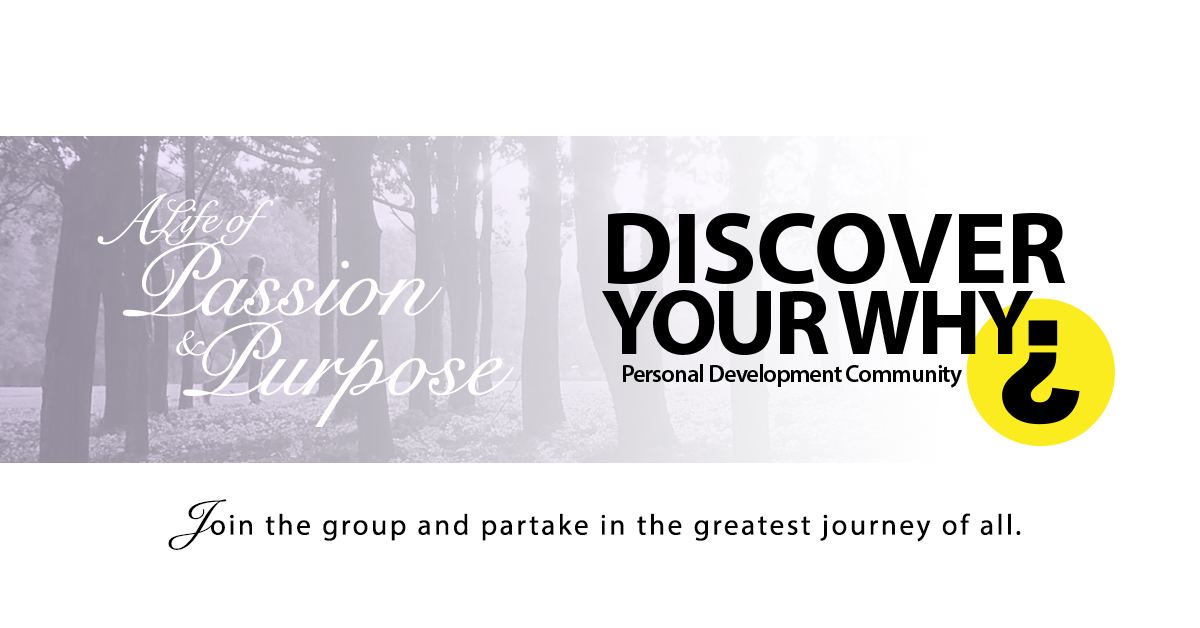
Loretta is Professor Emerita of Management at California State University, East Bay. She was teacher of management and had studied phycology for a long time and in her research she kept reading references to brain chemicals and the way they affect animals. While the dots were not connected for her she realized that we share our brain chemicals with animals and it are these chemicals that affect their behavior in very significant ways.
In this episode we discuss our happy chemicals. The habits of a happy brain, how we can influence our levels of happiness on our journey to living with greater passion and purpose and much more.
“You may say you’re against status, but if you filled a room with people who said they were anti-status, a hierarchy would soon form based on how anti-status they are.”
What does living life with passion and purpose mean?
To Pare your life!
PARE: Personal Agency, Realistic Expectation. You are your own agent and choice your own direction so focus on you yourself and your next step and make sure you set yourself realistic expectations.
Summary
She wasn’t convinced by prevailing theories behind human motivation- the reason we behave the way we do. She then went on a discovery to find our more about the brains of mammals and has since studied in the field extensively. On her search she found great insight in how animals operate and particularly their brain chemicals. She is now on a mission to share her discoveries with the rest of the world.
In a nutshell our happy chemicals are a used as a survival tool. When we see something that we should be moving towards our happy chemicals are triggered and likewise when we see something we need to avoid our unhappy chemicals are triggered. It is then through these experiences that we build neural pathways to help us survive and continue with our existence moving forward.
What is the great truth is that we are not designed to always be happy however by understanding these chemicals we can certainly practice certain behaviors and habits. Throughout her life she always noticed that people live in conflict both internally and externally. She thought perhaps this conflict was unique to her own world but in her discovery she realized that conflict exists everywhere.
We discussed that often it is our upbringing can really design our lives going forward. With this conflict has set her on her path to discovery and consequently her passion in the area of happy chemical.
We discussed that often it is our upbringing can really design our lives going forward. With this conflict has set her on her path to discovery and consequently her passion in the area of happy chemical.
She thought there was a perfect world out there but never could she find one. Everyone thinks that it is his or her own niche that is terrible but fail to realize that no one is alone in this sense. This is why most of us continue to search for a better alternative. That old saying that the grass is always greener on the other side relates to how our brains where designed. Our ancestors would continually search for better option because it would help improve their survival prospects.
We delve into deep into discussion about the four happy brain chemicals, dopamine, serotonin, oxytocin and endorphin and even discuss the unhappy chemicals cortisol and how myelin works. When we understand that these chemical are release makes us feel good but in a short term they all metabolise and once metabolised we fall back to a neutral position.
When we are uncertain we go out of our way to release more of these chemical, which often can lead us to getting in bad habits just to help us feel good. If we understand better why these are triggered why we are feeling a drop. We can then make moves to our next best step.
We build many of our strong pathways right up until when we are eight and again in our teenage years. These pathways are strengthened by myelin, which is like grease that makes these pathways super smooth. This is why to learn new pathways and try different things in life can be meet with challenge. The good news is that we can retrain our brains around this.
Without blabbing on too much, I already have, here are the four happy chemicals, listen to the show for the best discussion.
Dopamine: this is when you see a new way to meet your needs. When you get the reward that meets your needs you release dopamine. This builds some strong pathways for both good and bad habits. When our needs are meet we than use novelty to get our dopamine fix which may explain why we desire experience and excitement.
Serotonin: this is very uncomfortable and controversial with some people. This is the pleasure you get from having a one up feeling that many people may say that don’t search for this position. The reality is we all in our own way seek to hold the one up position. When we get this we feel good but like the others it doesn’t last and again we return to neutral. This is our sense of social superiority.
Oxytocin: this is a fascinating chemical also known as the love chemical or the bonding chemical. Mammals move nearer another when there oxytocin if released and avoid others if its not. In a group environment that we belong we can also have these chemicals happening more, which explains why sometimes we have troubles moving away from the group. Touching along with sex is great for oxytocin hits. This is our sense of social support.
Endorphin: this means endogenous morphine. Like heroin and other drugs they all seem to produce euphoria. This chemical was designed for us to avoid feelings of pain when injured so we could escape to a safe spot to heal. It like the others is temporary because pain actually then allows us to heal in the affected areas.
She now likes to share these chemicals with the rest of the world in a simple tot understand manner. You may find that you have never herd of them before, like myself but as she explains there is good reason for that. Nature has always been viewed as good and society as bad, which is why academia does allow us to connect the dots or to cross disciplines. This is not the case anymore.
Loretta now has grown children and enjoys her life of being able to wake and do the things she wants to do and by no means does that relate to being without children but more the case she is not lecturing anymore. This is her passion and she has written a few books on the topic with the most recent one being released on December the 16th, 2015 called Habits of a Happy Brain.
Key Take Outs
· Don’t externalize but rather internalize life. As long as you are externalizing and blaming your ups and downs on others without looking inside yourself you will experience more pain. By looking within yourself doesn’t mean that you are sick or that there is something wrong with you but simply that your neural circuitry, built from early experience, and we have all built circuits that don’t make sense, so therefore it more important to understand these circuits. Our early pathways that were created when young unfortunately are not always great for adult life but that is how the brain works.
· The herd view- tracking the herd. This is our survival skill. We stick to herds to survive and be protected, which is why we find it hard to be open to different ideas, thoughts and activities that don’t agree with that of our own. If we do we can be ridiculed and judged for doing so.
· We can create new paths. When you have the courage and peace of mind you can learn new habits and build new pathways by consistently practicing something for 45 days. It may not feel good or safe due to these deeply imbedded neural circuits but in that time we can create new ones.
Like slashing a new path, you may slash and cut a new track and can be so hard to take just one step due to all the vines and growth. But you slash and cut until you’ve cleared a dirt path then only the next day you find it overgrown again. But if you clear it again eventually your will create a more permanent dirt track. And while these tracks are unlike the tracks you’ve created in your youth, which are more like super highways, you can still create new circuits you just have to take the courage to take action and be consistent in your approach.
· We must learn to solve problems in life. Our survival instincts come from our animal ancestry, which is why mother mammals in nature don’t crack open nuts for this youth despite all the difficulty and frustration this may cause. But by learning the “how” they improve their chances of survival in life. The more we develop in this sense in our younger years the better we will adapt in adult life when faced with life struggles and challenges.
Routines & Rituals
We didn’t get time to discuss her particular habits but instead thought we could share some simple techniques to help produce and release your happy chemical in order to live a little bit more happier each day.
- Dopamine: Rather than aiming for the big goal or longer-term vision in hope of happiness try aim for the smaller wins along the way. Every small win will produce little shots of dopamine that will push you forward to reaching your wildest dreams.
- Serotonin: Memorabilia is great for this. Posters, photos, trophies and letters for past satisfied clients can all act as tools to make you remember and remind you of your great qualities and can fill you with pride in yourself.
- Oxytocin: Have people that will comfort you and support you. These are often those people that you trust deeply. Choose the people you surround yourself with.
- Endorphin: The most common and best things we can do for this one is exercise. Run, life weights, hike, walk and all the rest are great endorphin producers, which is why they all make us feel good and pumped. Massages and nice real belly laughs are also good for this.
What advice would you give to your 20-year-old self?
Understanding cortisol is important. When we get this chemical we feel terrible and as the world is going to end but if she knew that it was only a chemical and that it would metabolize quickly she would have been able to move on.
Also not to take life so seriously!!!
Her interpretation of success
Her success is now changed as she no longer has children and is all about being able to wake up in the morning and everything she wants to do she does for herself. She feels this is selfish however I believe this is an ultimate goal.
Quick round questions
Favourite Food
Whipped cream, yum!
Favourite Leisure Activitiy
Laying on the couch enjoying a great movie with her husband.
Favourite book(s)
NurtureShock: New Thinking About Children
by Po Bronson
Sociobiology: The New Synthesis, Twenty-Fifth Anniversary Edition
by Edward O. Wilson
Beyond Cynical: Transcend Your Mammalian Negativity
by Loretta Breuning
Habits of a Happy Brain: Retrain Your Brain to Boost Your Serotonin, Dopamine, Oxytocin, & Endorphin Levels
by Loretta Breuning
Quote
“You may say you’re against status, but if you filled a room with people who said they were anti-status, a hierarchy would soon form based on how anti-status they are.”
How to Find Loretta and other Links
FIND YOUR HIDDEN WHY with THE HIDDEN WHY (THW)
BUILD YOUR LIFE AROUND YOUR PASSION AND LIVE WITH PURPOSE
Sign up for free below and receive cool stuff from me each week + Plus a free copy of “The Four Pillars of Success”
In my weekly emails you will receive ideas, thoughts, learning’s and inspiration on:
- How to design a life that you want and live by your terms
- How to live a life with passion & purpose
- Methods, strategies, & techniques on life hacks
- Messages on how to better live your life
- We will also keep you up to date with fantastic interviews from THW podcast













Leave a Reply